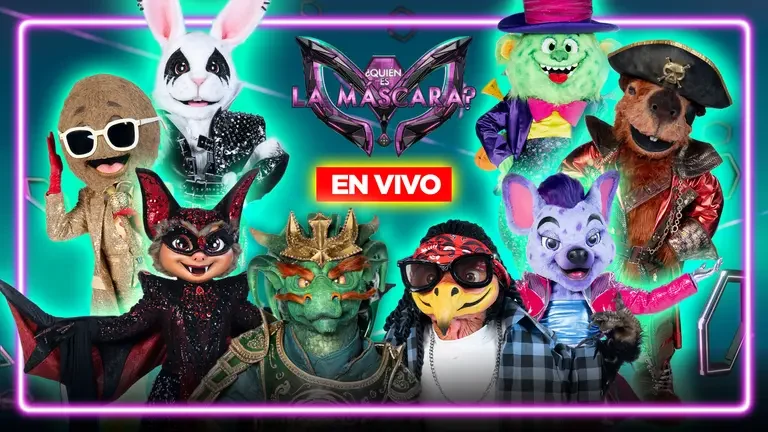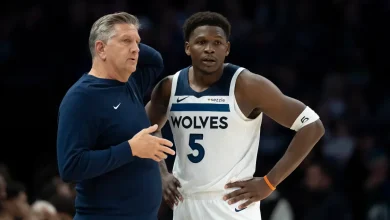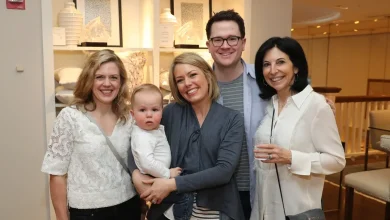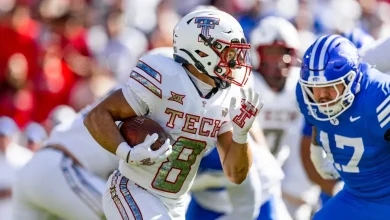Trends-US
¿Quién es La Máscara? 2025: ¡Capibara se quita la máscara y revela que es Diego Klein EN VIVO!

¡Llegamos al octavo programa de ¿Quién es La Máscara? 2025! En el que disfrutamos de la presentación de los ocho mejores personajes de la temporada.
Revive el minuto a minuto de cada presentación, cada pista y cada apuesta que realizaron los investigadores. Este domingo vimos en el esenario a Samurái, Metaliebre, Capibara, Nocturna, Hieny Fer, Carro-Ñero, Tropi-Coco y al Maestro Bops, dar lo mejor para seguir en la competencia, sin embargo, sólo seis pasaron a la semifinal.
Sigue disfrutando de espectacular programa a las 8:30 pm por Las Estrellas.





